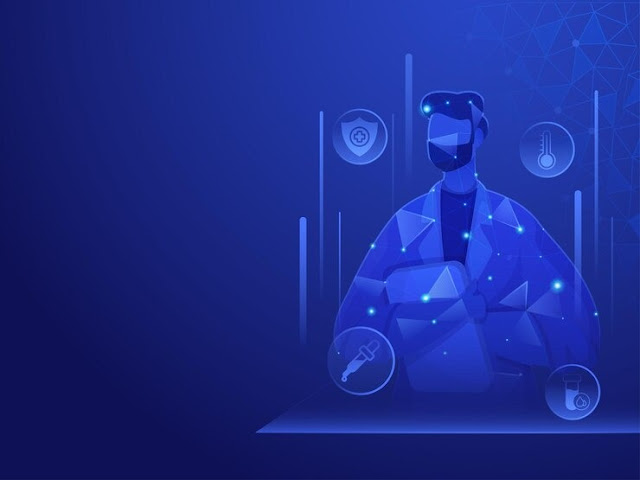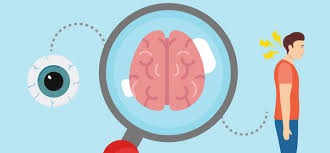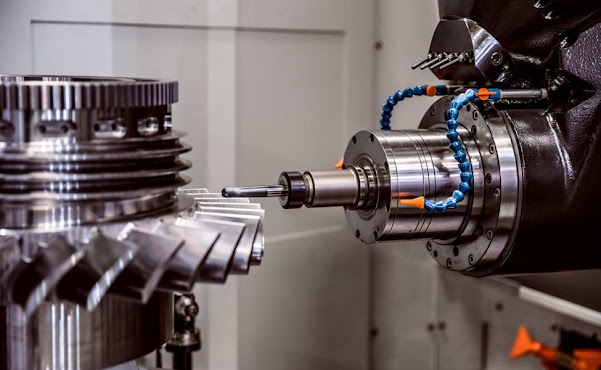What Real Value Can Blockchain Offer to the Healthcare Sector?
One of the most significant factors that distinguish blockchain in healthcare is the absence of a central administrator. Why? Because a database is physical, made up of bits and bytes. If the database contents are stored in a system's physical memory, anybody with access to the system may damage the data contained inside.
According to a recent poll, 53% of healthcare executives consider Blockchain to be one of their top five objectives. According to BIS Research, worldwide healthcare technology investment will reach $5.61 billion by 2025. According to IDC, by 2025, 55% of all healthcare apps will have used Blockchain for commercial reasons.
So, without further ado, let us have a look at some of the top blockchain in healthcare technology advantages that may alter the healthcare business for the better.
How can Blockchain Benefit the Healthcare Sector?
As you can see, investments in blockchain technology are excellent, and there's a reason for this: uses-cases of blockchain in healthcare benefit everyone. Let's examine how this advancement benefits the medical industry.
1. Supply Chain Transparency
Ensuring the origin of medical items to ensure authenticity is a major concern in the healthcare sector. We can trace things from manufacture to every step of the supply chain using a blockchain-based system. This strategy provides clients with total insight and transparency over the things they purchase.
Transparency in the supply chain is a primary priority, especially in emerging nations where bogus prescription medications kill tens of thousands of people each year. It is becoming more important for medical devices, which are rapidly expanding in popularity with the adoption of more remote health monitoring, drawing the attention of bad actors.
2. Patient Data Management and Sharing
Over 350 data breaches were reported to the Health and Human Services office, resulting in the leak of 13,020,821 healthcare records.
The privacy of patient records is strictly regulated by HIPAA. Those data cannot be separated since other parties than the patient, and their physician may need to evaluate their well-being. At the same time, since patient data is distributed across several healthcare databases, dealing with it traditionally may be a difficult undertaking.
Blockchain in healthcare overcomes these problems by providing a unified platform for storing and managing all important data in a single place while maintaining security and access control. We may store patient data as blockchain blocks that are identified by the patient's unique ID. If the patient prefers to remain anonymous, this approach allows for the transmission of health information (blocks) without exposing the ID.
Blockchain in healthcare is also a reliable method for managing population health data. The usual technique distributes information about each patient across various systems that are not interoperable, making gathering health data for a specific population cluster difficult. As a result, blockchain provides a safe channel for people to engage in population health research and commercialize the findings.
3. Cryptocurrency payments
There are blockchain payment application cases in healthcare. For example, blockchain in healthcare allows you to obtain medical care and pay for it using cryptocurrencies. Aveon Health, a technology-focused medical firm, is one such example. Aveon Health recognizes the benefits of adopting Bitcoin virtual money. Using wallet software, users may transfer and receive Bitcoins electronically.
Another concept provided by Blockchain is micropayment. Micropayments are one-of-a-kind value-based models that compensate patients for following their physicians' orders and adhering to their recommended lifestyles. This micropayment model, which will only operate on a specialized blockchain, will record every piece of information regarding the patient's behaviors linked to the treatment reexamination.
4. Drug traceability
Blockchain in healthcare is a solid option for ensuring medication authenticity since it allows for the tracking of every medicine down to its very roots. We can utilize Blockchain to store data about the medicine throughout its lifespan. Every block containing medication data will have a hash connected to another block and an unchangeable timestamp.
All authorized parties will be able to see the transactions on the Blockchain, and the drug's journey from one party to another may be tracked in real time. By scanning the QR code and seeking information about the producer and other key supply chain participants, medicine shoppers will also confirm the legitimacy of the acquired medicines. In this situation, it will be almost hard to distribute a bogus medicine.
Wrapping It Up
According to IBM, 70% of healthcare executives believe that the most major impact of blockchain in the healthcare industry would be the improvement of clinical trial administration, as well as the provision of a decentralized framework and regulatory compliance for the exchange of electronic health information (EHR).
The healthcare industry is a problem-solving, data- and personnel-intensive one. The capacity to access, alter, and trust the data generated by the sector's activities is crucial for its operations.
If we divide healthcare operations into triage, health problem-solving, clinical decision-making, realization, and assessment of knowledge-based care, achieving the desired health outcomes is dependent on engaging a multidisciplinary group of health personnel who apply the most relevant knowledge of technologies and skills when dealing with the patient.
The actual benefit of interoperability might be unlocked via a blockchain-powered health information system. Blockchain-based solutions have the potential to minimize or eliminate the friction and costs associated with present middlemen.




Comments
Post a Comment